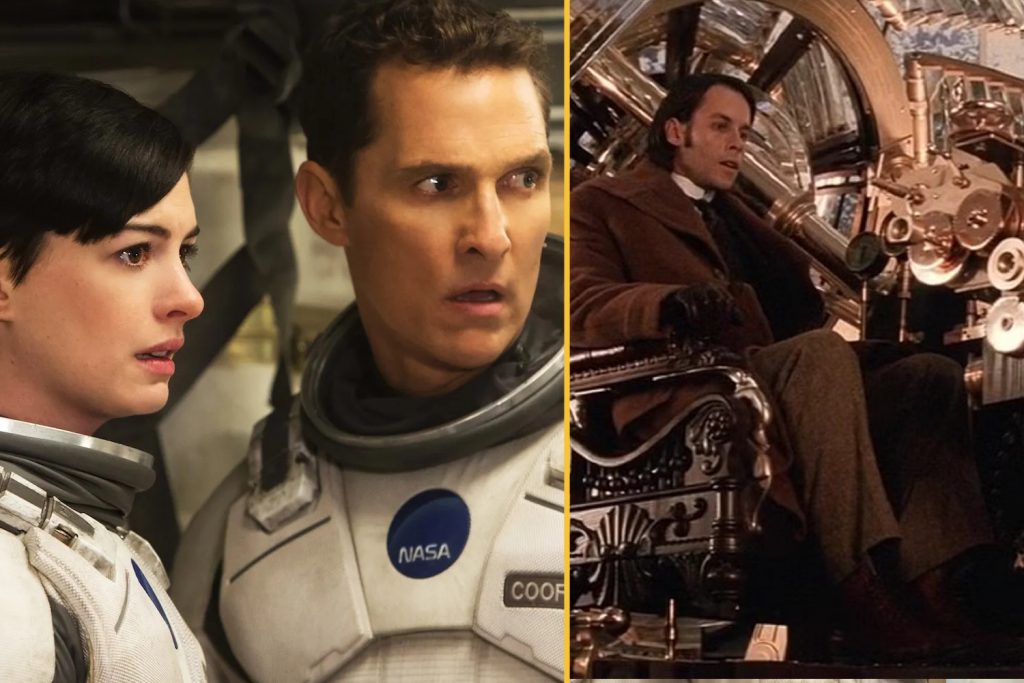Time travel has captivated human imagination for centuries, from ancient myths to modern cinema. It’s long been dismissed as fiction, but a growing number of scientists now argue that it might be far more real than we think. These claims are not just imaginative musings but are often backed by complex theories in modern physics, pointing to the possibility that time is not as linear or rigid as once believed.
Einstein’s theory of relativity was one of the first scientific revelations that gave legitimacy to the concept. According to relativity, time is not an absolute constant. It stretches and compresses, depending on how fast you’re moving relative to something else. That strange idea—time dilation—has already been demonstrated with high-speed aircrafts and atomic clocks. Even slight changes in speed result in tiny but measurable differences in time passage.

For many researchers, this opens the door to something extraordinary. If time can move slower under the right conditions, what’s stopping it from moving in reverse or even skipping forward? Some believe the answer may lie in manipulating spacetime itself, bending it in such a way that it loops back around. This concept, though theoretical, doesn’t violate the known laws of physics—at least, not entirely.
One physicist devoted much of his life to this idea, proposing that spinning light beams in a specific pattern could twist the very fabric of time. If spacetime can be curved to create closed loops, the future and past could potentially meet. It’s a mind-bending notion, but it’s one that’s being studied with serious academic attention.
Apart from pure theory, there have been strange, anecdotal claims that keep the mystery alive. Old black-and-white photographs occasionally surface online, showing individuals who appear eerily out of place—sometimes with clothing or objects that seem decades ahead of their time. Some skeptics dismiss these as misinterpretations or digital manipulations, but others argue they could be glimpses into something deeper, possibly even evidence of visitors from different timelines.

These stories are, of course, highly controversial. Yet they persist because they tap into something primal in us—the desire to escape time’s grip. The idea that someone might have already succeeded, quietly slipping through the ages without us noticing, is both exhilarating and unsettling.
Critics often push back, emphasizing the massive energy requirements such theories involve. The idea of creating or stabilizing a wormhole, for instance, would demand energy on a scale humanity can barely comprehend. Then there are the philosophical dilemmas, like the infamous grandfather paradox—what happens if a time traveler alters the past? Could that unravel the very fabric of reality?
Despite these complications, the conversation hasn’t stopped. Some physicists believe that the universe may, in fact, have built-in protections against such paradoxes. One theory proposes that even if someone traveled back in time, events would always find a way to correct themselves, preserving the timeline.

That kind of theoretical safety net has helped some scientists take bolder steps in their research. Instead of asking “is time travel possible?” they are beginning to ask, “how do we make it happen?” Others are exploring whether certain quantum particles might already be demonstrating time-defying behavior. In these experiments, subatomic particles sometimes appear to communicate instantaneously over vast distances, or even behave as if influenced by future events.
What’s most fascinating is that none of these theories definitively say time travel is impossible. In fact, most of them agree that under the right conditions, it might not only be possible—it might be inevitable. The challenge is no longer just about dreaming it but figuring out how to build the machinery or uncover the natural conditions that could make it real.

The fascination with time travel is not just about science—it’s about hope, regret, curiosity, and the deep human need to understand our place in the universe. The idea that someone might already be walking among us, a visitor from another age, is not as far-fetched as it once seemed. If time can bend, loop, or fold, then perhaps the future has already touched the present in ways we’ve barely begun to recognize.
As this field of exploration continues to evolve, it demands not only scientific rigor but also imagination. Time travel might remain an unsolved mystery for now, but with every new discovery, the line between fiction and reality gets thinner. Whether we’re looking back at ancient myths or forward to tomorrow’s breakthroughs, one thing is certain: the journey through time has only just begun.


